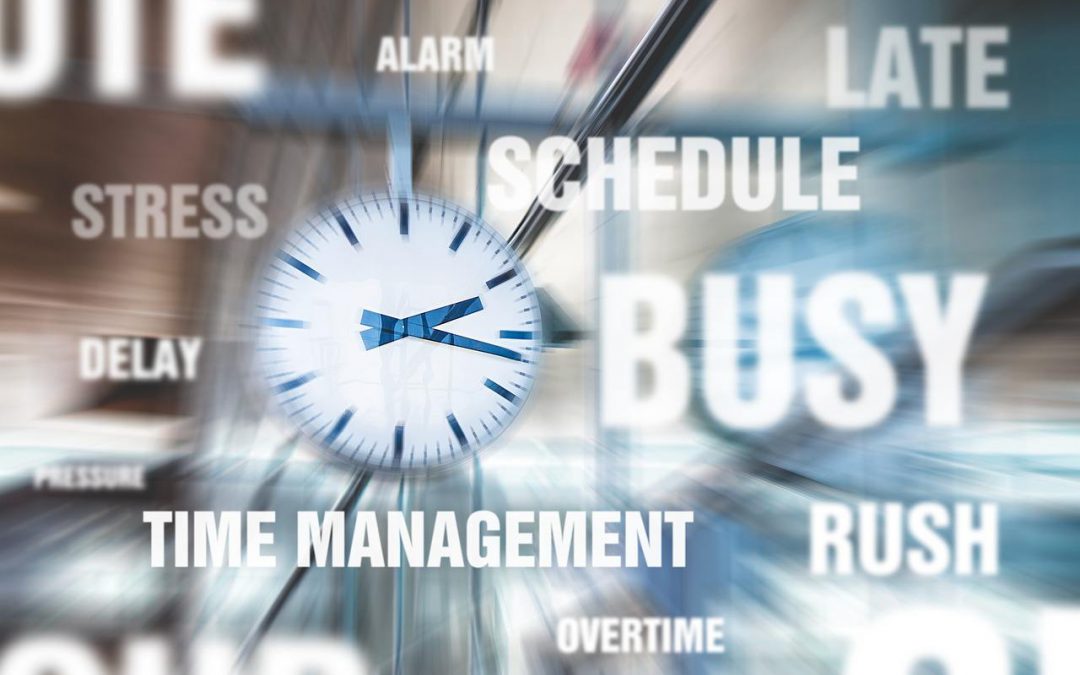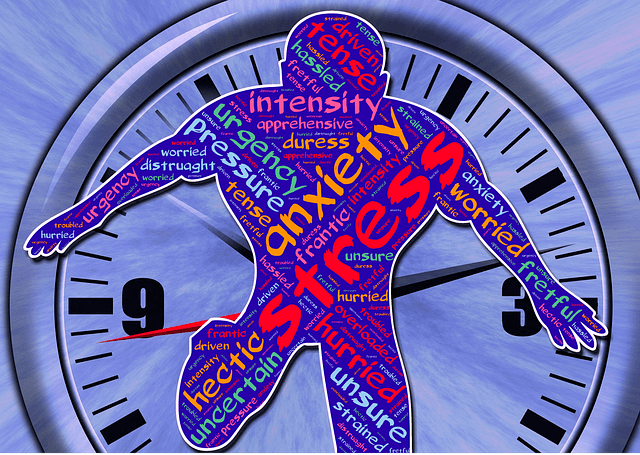Most of us need to go to work everyday. We don’t choose who we work with, we have limited control over what we have to do and we’ll get feedback whether we want it or not. It’s a sure thing that we are going to feel frustrated at work from time to time—the question is, how much, and for how long?
Recently I stayed with my sister and her partner who both work full-time (and then some) in high pressure jobs. The first night I was there they got home from work at around 20.00, having left at 08.30 that morning. As soon as they came in the door a few things were very clear—they were exhausted, they were tetchy, they were happy to be home but they were already thinking that in a few hours they would be off again and in the meantime, there were loads of things to see to.
As we ate dinner together and they shared their day I got to hear some of the stories of what they had been dealing with. They included a chronically unsupportive boss, a difficult team member, a week schedule that was handed down rather than negotiated and underlying it all, the relentless busyness and pressure.
This scenario is played out in countless homes every day. When faced with this degree of frustration at work what can we do to manage it?
Here is a list of 8 things that I think could help.
-
Start with yourself
It’s all too easy to forget to take care of yourself when you’re very busy but that’s a shame because the more tired and frazzled you get, the easier it is to let the frustration pile up.
Here’s some quick, simple ways to look after yourself:
- check your breathing—are you breathing fully and deeply?
- find a moment to be alone—even in the loo
- take your break with congenial people
- have a plant at your work-station
- take a look at the sky from time to time
- get a few moments of fresh air
- have a family photo nearby
- make sure you are moving regularly—stretching, walking between activities
- drink water
-
Take STOP Moments
STOP Moments are what I call very short moments of meditation.
This is all you have to do:
Bring your attention home to your body and consciously relax
Check in with your mood and notice any tension
Take a deep breath
Rest your attention on your breath for at least 5 full breaths
Continue to your next activity.
You can spend an extra moment in the washroom and take a STOP Moment.
While you are waiting for a meeting to start, or before (or after) you take a phone call are other good times.
-
Don’t let yourself be pin a cushion
What is the function of a pin cushion? It’s a place where you stick all your pins so they don’t get caught up in everything else and prick you. One of my sister’s team members is quite depressed and that makes him reactive and over-anxious. This means that he gives out a lot to other members of the team. As his manager, my sister is trying to absorb his negativity to protect other members of her team – most of whom are giving him a wide berth. It is exhausting her. She feels like a pin cushion stuck full of pins.
Here’s an exercise she could try to deflect those pins pricks.
Imagine a dark cloud around the person who is hitting out at you
As you breath in, take all the murky cloud into yourself
As you breath out, breath out healing and ease towards the person
You could visualize this as rays of bright light that surround the person, filling them with wellbeing.
Repeat this several times during the day—especially after a difficult encounter.
This exercise works like air conditioning—taking in hot, stuffy air and sending back fresh cool air.
-
Try giving the benefit of the doubt
In listening to my sister and her partner I was struck by how hard the environment is in which they work. Criticism and attack seem to be standard fall-back strategies. Feeling rejected, disrespected and overlooked at work all have a strongly negative effect on our performance. Building connection and a healthy sense of belonging are more conducive to giving our best at work. Rarely are we in a position to change a total work culture but we can take steps to manage our own response to it.
Giving people the benefit of the doubt whenever possible is a good way to soften the impact of a harsh environment. When we are generous with our work colleagues we feel better ourselves. Our own stress response is eased and we enjoy the good feeling of allowing space for other people around us.
-
Avoid porcupines
How many porcupines do you have in your workplace? You know the kind of person—one who is always on the look out for any sign of criticism, always ready to hit back when things don’t go their way. They seem to draw energy from a good scrap.
My brother-in-law has a boss who is a bit like that and he finds it very frustrating. His strategy is to avoid him as much as possible and to choose his battles skilfully. He plans carefully for the occasions when he needs to tackle his boss about an issue and documents the interaction, so there can be no future misunderstanding. It’s extra work and it means that he cannot count on his boss as he would like to but it is helping to minimize nasty exchanges.
-
Hold the bigger picture
It is so important to remember why you are doing what you are doing. Although my sister and her partner find work extremely demanding, they are both driven by a sense of purpose in what they do and it helps them find the courage to deal with the aspects that are so challenging. The bigger picture of their work is a source of inspiration for them.
At a recent workshop that I held on stress in the workplace, one participant shared that he actively hated the product that he was selling. He was not indifferent—he actually used the word, ‘hate’. It’s going to be hard for him to be able to work on his stress in a sustainable way if there is not a coherent bigger picture of what he doing that holds meaning for him.
-
Be the calm at the centre of the storm
One of the most effective ways to work with frustration for me is to invest a lot of effort into maintaining my own sense of calm when everything else feels difficult. I work on not letting the challenges define me and how I am feeling. If you are a meditator, then you already have an excellent way to help with this. For those people who do not meditate so much, then try visualizing a place of space and calm in your heart—like a small sky. Then imagine that all the challenges that you are facing dissolve as they encounter this quiet place—just like weather splashing across the sky but not damaging it.
-
Leave it at the door
When it is time to leave work, start the process of letting go of the worries and frustrations of the day. You are not going to be able to do anything about them until tomorrow, so it is a shame to take them home with you. Use the journey home to process the day and prepare for your evening. If it helps, have a simple ritual when you arrive home—like taking off your shoes at the door—which symbolizes for you that you are putting aside the difficulties of the day and turning your attention to your own personal time.
If you found this post helpful, you could look into my recent online course,
Nine Ways to Cope Better with Your Work Frustration
You can check it out here


